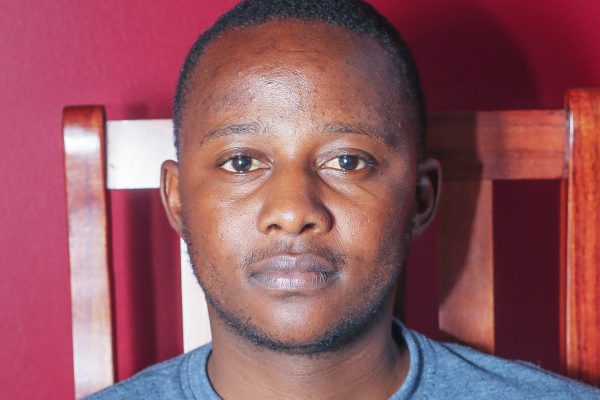
When Raphael Makumbe visited his family in the high-density suburb of Kuwadzana 3 in Harare last week, he was infuriated by the struggle he had to endure to access water from a borehole close to his residency.
By Kennedy Nyavaya
“I got home and there was no water running on the taps, so I decided to be of help to the family by going to fetch some at a nearby borehole, which has been our alternative every time the Harare City Council cuts off our neighbourhood. I was shocked when those manning the facility asked for payment,” said Makumbe.
Apparently, the said caretakers claim to have been deployed by a city council committee tasked with taking care of the borehole. the borehole is one of many that were commissioned by non-governmental organisations in the capital to avert the water crisis in the high-density areas.
the committee allegedly claims to have met with the residents who not only agreed to the terms, but also proposed the daily $1 per family water fee.
“Which residents did they meet since most people send young people to fetch water and most cannot read the notices let alone constructively contribute to policy. so one can wonder who attended this meeting and agreed to such terms,” queried Makumbe, who took to social media platform Twitter to register his displeasure.
“They say the money is for maintenance, but really can the servicing of a borehole once in a while merit for all the dollars they are cashing in per day at the expense of the residents?” he said.
According to him, the caretakers claim to have been trained by the city council. However, on Friday City council’s spokesperson Michael Chideme distanced the local authority from the money collection scheme.
- Chamisa under fire over US$120K donation
- Mavhunga puts DeMbare into Chibuku quarterfinals
- Pension funds bet on Cabora Bassa oilfields
- Councils defy govt fire tender directive
Keep Reading
“This is not true. The city is not taking any money from residents,” said Chideme, who defended the payment programme to maintain the facilities.
“There is nothing wrong with communities organising themselves to maintain their infrastructures.”
When pressed to justify the sustainability of residents paying a $1 a day, Chideme said: “If the residents are not happy they have a right to say no. They can approach the local council office.”
The water situation in Zimbabwe’s capital has been dire for long.
In the rare cases where water is available, it is usually dirty forcing people to seek borehole water.

“Everyone knows that we cannot survive without water, but in this instance the poor are now being neglected because truly speaking not all of us can afford to pay the $1 per day.
so we are exposed to diseases due to lack of water,” said Makumbe.
His wife and their disabled eight-year-old son are the ones bearing the brunt of the daunting water crisis.
“I have a son with cerebral palsy [a congenital disorder of movement, muscle tone or posture] and this is not fair on us because we are paying all our dues to the council, but our right to access clean water is being violated by people who say they are working with the city council,” he complained.
Despite paying the daily water fee, families are restricted to a few buckets of water per day and there are timetables imposed for fetching the water.
“In the past we would take care of our boreholes as residents but the introduction of these committees has taken away our rights and we are now subject to conditions that suit them,” said another Kuwadzana resident who refused to be named.
The same situation reportedly prevails at other high-density suburbs, including Kuwadzana 5 and Budiriro, among others.
This is despite the constitution’s provision in Section 77 that guarantees an unconditional right to safe, clean and potable water.
In complete violation of the supreme law, the city has continued to charge for municipal water even when the water supply is sporadic and in most instances is contaminated.
l For feedback, email: [email protected]










